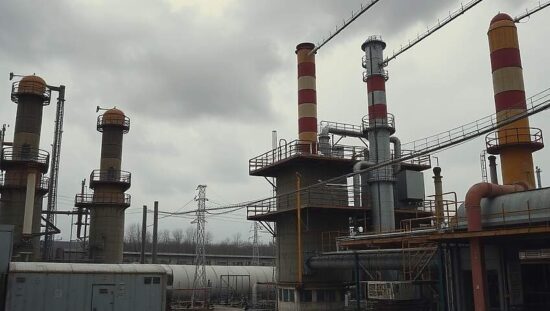A growing number of nuclear reactors worldwide are operating far beyond their originally intended lifespans, raising concerns about escalating risks, according to German Environment Minister Carsten Schneider. In an interview with the Süddeutsche Zeitung, Schneider highlighted the trend, prompted by a new report assessing the state of the global nuclear industry, presented in Rome.
The report indicates that, as of the end of 2024, nuclear power plants in neighboring France had reached an average age of 38.9 years, while those in the United States averaged 43.2 years. Typically, nuclear power plants are designed to operate for a period of 40 years. China represents an exception, having recently invested significantly in the construction of new reactors.
Schneider characterized the report as a valuable contribution to a more realistic assessment of the nuclear sector, stating that it countered “hype and unsubstantiated announcements”. He observed that, outside of China, the nuclear industry remains largely stagnant, while its underlying challenges are intensifying. These challenges extend beyond the advanced age of many facilities and encompass the ongoing, unresolved issue of nuclear waste management.
The report also investigated the potential for a resurgence of nuclear power through innovative concepts involving smaller, modular reactors. However, it found no indications to support such a revival. Minister Schneider echoed this finding, noting that despite considerable attention, progress on these smaller reactor projects remains limited. The industry, he asserted, continues to grapple with funding constraints and struggles to achieve a decisive breakthrough, even after decades of development.





